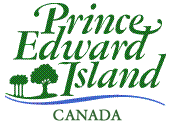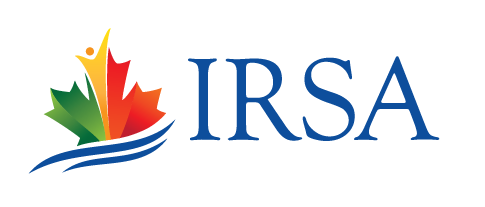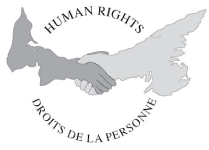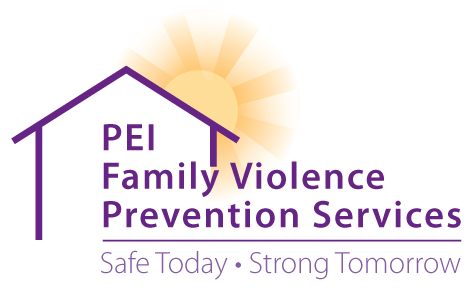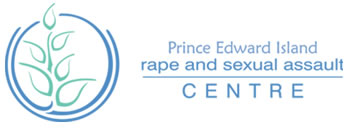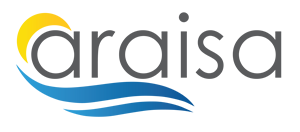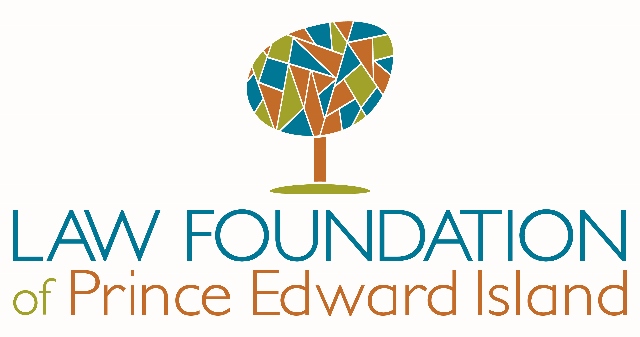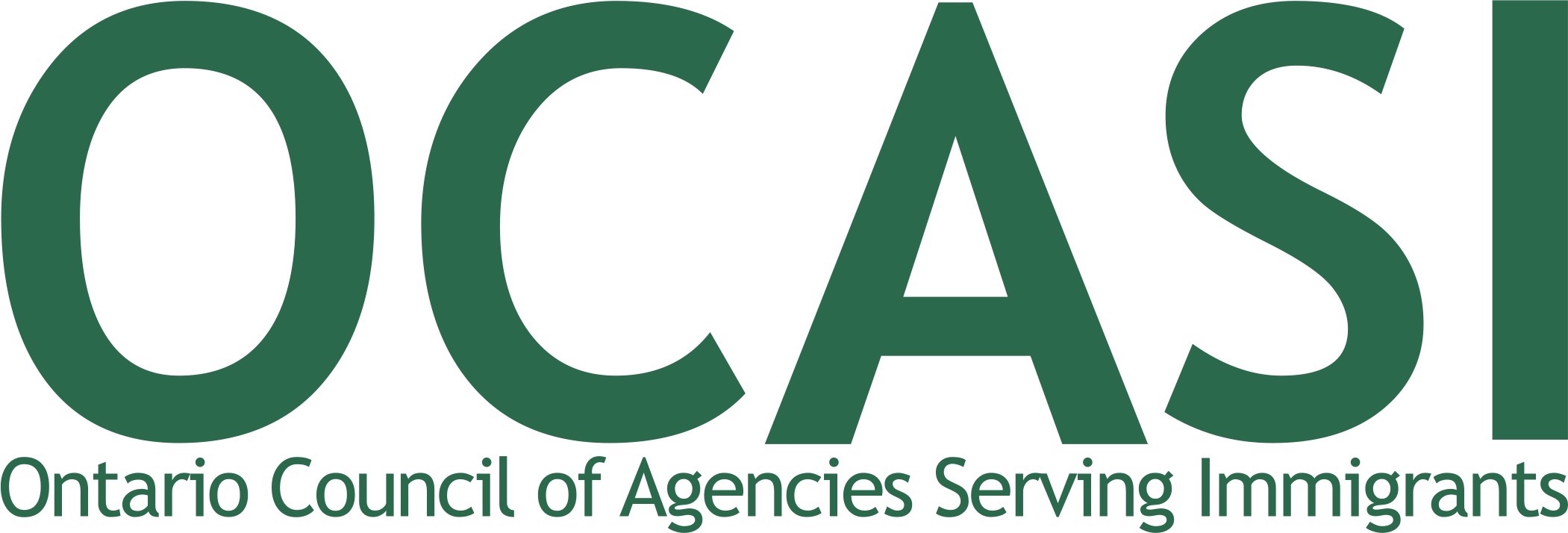Health
Healthcare Coverage
Private Health Insurance
If your work permit is 6 months or less in duration, your employer must provide you with private health insurance. Your employer cannot charge you any fees for this private insurance.
If you need to see a doctor or get medicine while you are covered by private medical insurance, you either must pay up front and get reimbursed later or your insurance will get charged directly. If you pay up front for your medical services or medicine, you will need to fill out a form and submit it online or by mail. Make sure to keep your receipts as you may need to submit them with your claim, or you could be asked to provide them at a later date. Also, ask your employer for information about your private insurance plan so that you can determine which services are covered by insurance.
If your employer does not provide you with private insurance, get help from the PEI Association for Newcomers to Canada, or the Temporary Foreign Workers Association hotline.
PEI Provincial Health Coverage
If your work permit lasts longer than 6 months (i.e., 6 months plus one day), you are eligible for a PEI Health Card. The PEI Health Card covers the cost of all medically necessary services. Most prescription drugs, eye exams and dental services are not covered under the provincial health coverages.
Your employer should take you to get your PEI Health Card issued as soon as you arrive. You must bring some documentation with you including your work permit and passport.
For more information about how to get a PEI Health Card, call the PEI Medicare.
If you receive medical services before you receive a health card, you will have to pay for those services. However, if you show proof later that you were eligible for health coverage during that time, even if you hadn’t registered, the medical provider should give you a refund.
Renewing Your PEI Health Card
If you need to renew your health card based on an extension of your work permit, you are required to submit a copy of your existing health card and a copy of your new work permit. In addition, note any changes to your address or phone number. You can do this online, in person, or mail it to Medicare mailing address.
Medical Services on PEI
In a medical emergency, call 9-1-1. If it is not an emergency, the following are some examples of medical services you can access. Hospitals may be able to offer interpretation or health information in your first language.
Health PEI
The provincial health authority that provides health care services in PEI. It is through Health PEI that you obtain a health card and receive any health services in the province.
For information about obtaining a health card, contact PEI Medicare. You can also visit their website.
Walk-in Medical Clinics
Several communities have walk-in clinics. You can see a doctor or a nurse without making an appointment. You might not be able to see the same doctor every time. You may need to wait if there are other patients ahead of you. Bring your Health card or proof of insurance with you. A list of walk-in clinics in PEI is listed on the Health PEI website.
Virtual Health Services
If you require medical attention and have a PEI health card you may be eligible to use Maple.
Maple is a virtual care app that allows you to virtually connect with a Canadian-licensed general practitioner immediately. No appointment is required. You will need a computer, smartphone or tablet to access this service. Note that there may be a fee associate with your visit.
811 Telehealth
811 Telehealth is a phone service where you can speak with a registered nurse 24 hours a day, 7 days a week. It is free and confidential. You can speak to someone in your own language through a translation service. You can use this service even if you do not have healthcare or private insurance. The Nurse will ask for your name and health number, but if you do not want to give this information, they will still help you.
Hospitals
Visit a hospital emergency department if you need urgent medical care. Bring your health card and any private insurance information with you. Hospitals will help anybody in an emergency even if you do not have health coverage, but you will receive a bill after the services are provided. If it is a work-related injury, the hospital should report to the Workers Compensation Board (WCB) on your behalf, which can give you medical benefits.
In PEI, there are four hospitals with emergency care (also called outpatient care).
Sexual Health, Options and Reproductive Services
Provides confidential reproductive and sexual health services to people of all genders, orientations and ages. This program has locations across PEI. To access services, call the toll-free number. If you have a valid PEI Health card, these services are free. If you have private healthcare insurance through an employer, you will be asked to pay a fee for service, which you might be reimbursed for by your insurance provider. You can visit the Women’s’ Wellness Program website for a more comprehensive description of services. If you have questions about this process, please contact Cooper Institute for support.
Services:
- Sexual health education and counselling;
- Sexually transmitted infection screening and treatment;
- Birth control counselling and prescriptions;
- Pregnancy counselling, testing, and support;
- Abortion services (medical and surgical)
Pregnancy
Getting pregnant in another country can be a stressful experience. There are many things to think about including your access to healthcare, your social support system, and your job situation. It is easier to handle difficult situations when you are not alone. You may wish to contact someone for support.
Your Options
If you did not plan to get pregnant, you generally have three options:
- Have an abortion (end the pregnancy).
- Raise the child.
- Place the baby up for adoption (giving somebody else the legal right and responsibility to raise the child).
If you are pregnant in PEI, you should contact the Women's Wellness Program. The Women's Wellness Program will provide a range of care for women’s reproductive care, including legal, safe, abortion, and care for pregnant women. If you do not have provincial health coverage, you may have to pay upfront to access these services. Whether you will be reimbursed or not will depend on your private plan coverage.
If you would like information about placing the baby up for adoption, you can contact PEI Adoption Services.
Healthcare and Pregnancy
If you have a PEI health card, the costs for medically necessary services related to your pregnancy are covered. If you have private health insurance, you should check to see if it covers pregnancy costs. Some private insurance companies do not cover these costs. Giving birth can be very expensive if you do not have health care or private insurance that covers pregnancy costs.
Employment Insurance (EI)
You may be eligible for the Employment Insurance (EI) special benefits of maternity and parental leave. You can contact Service Canada toll-free to find out if you are eligible.
Pregnancy and Parental Leave
You can take unpaid time off work and return to your job if you are pregnant (pregnancy leave) or if you are a new parent (parental leave). There is a minimum amount of time that you must be working for your employer before you can take these job-protected leaves.
Mental Health
Living and working in another country can be difficult. You are away from your friends and family. The culture and language may be new to you. You may be working long hours. All these things can cause feelings of loneliness, frustration, and worry.
Here are some things you can do to take care of yourself:
- Eat a healthy diet and foods that you enjoy.
- Include physical activities in your day that are not related to work.
- Have a regular sleep schedule.
- Do things you enjoy when you are not working.
- Learn something new.
- Stay in touch with your family and friends back home.
- Try to make new friends and find people you can talk to here on PEI.
- Find a community that shares your faith.
- Join a community group or sports team.
- Limit alcohol, cigarettes, and other substances.
Asking for Help
It is normal to have good days and bad days. Also, many people need support to maintain mental health from time to time. It may be time to get help if bad days are becoming more frequent, and if you are having any of the following difficulties:
- Sleep difficulties; being unable to sleep or sleeping too much
- Having trouble concentrating
- Feeling hopeless
- Crying easily, or frequently
- Feeling more irritable or angry
- Using drugs or alcohol to cope with stress or negative feelings
- Feeling overwhelmed
- Hearing a voice that either tells you what to do, or that you find distressing
- Having thoughts of harming others
- Having thoughts about harming yourself, or ending your life
To talk to someone or find mental health services in your community, call the Island Helpline. It is free and confidential.
You do not need provincial health coverage. You do not have to give any information about yourself to use this service.
Mental Health and Addictions Open Access Counselling
At Open Access Counselling you can speak with a mental health or addictions counsellor. No appointment or referral is required. The full list of mental health walk-in clinics is available on the Health PEI website.
If you need immediate assistance, call the Mental Health and Addictions Phone Line. Calls are answered by trained mental health professionals (a registered nurse or a social worker) 24 hours a day, 7 days a week.
For support with gambling, call the toll-free number to ask where you can access services such as crisis support, and counselling related to difficulties with gambling. This service is offered in English and French.
Abuse
Talk to someone you trust and get help. If you are in immediate danger, call 9-1-1. Abuse can come in many different forms. It can be physical, sexual, emotional, or financial. Physical and sexual abuses are illegal in Canada, even if you are married to the person who is abusing you. So are some forms of financial abuse.
Some people have difficulty being able to tell if they are being abused. Here are some examples of warning signs that you may be experiencing abuse.
Your Partner:
- Makes hurtful comments about you, that result in low self-esteem
- You are frightened by their behaviour
- Attempts to control what you do, who you have contact with, or where you go.
- Attempts to prevent you from seeing your friends or family members.
- Takes your money, makes you ask for money, or refuses to give you money.
- Makes all decisions, against your wishes.
- Threatens you (i.e., to harm you or those you love, to take away your children).
- Destroys your property or threatens to kill your pets.
- Prevents you from working or attending school.
- Intimidates you with weapons or other objects that can harm you.
- Physically assaults you (i.e., hitting, kicking, punching, holding you down)
- Threatens to commit suicide if you leave or disagree with them.
- Threatens to kill you.
To learn more, see the Guide for Information for People in an Abusive Relationship.
If you want help, but it is not an emergency, contact Family Violence Prevention Services at one of their outreach offices around PEI.
PEI Family Violence Prevention Services - Anderson House
This organization has services for women and children who are in danger or are being abused. All of their services are confidential, so no one will know that you have contacted them. They will help you even if you do not have status in Canada. They have offices in four locations across PEI, so you can call or visit them. These offices can also get help with translation, if you cannot speak English. They offer information, support, and referrals to other services like health and counselling. They can also give you a safe place to stay in emergency situations. If you need, they can get a phone interpreter to help you communicate in your first language. Call their emergency line if you need help.
Community Legal Information
Community Legal Information can provide legal information and support in situations of abuse, and they can provide you with referrals to other community organizations.
PEI Rape and Sexual Assault Centre
This organization provides confidential therapy, support, and information to men and women who have been sexually assaulted or other sexual violations. Translation can be arranged for counselling sessions. If you need services, you can leave a message on the counselling phone line and they will call you back. There is also helpful information on their website.
Shelters
Besides Anderson House, there are several other shelters in PEI for people who are escaping abusive relationships or find themselves being homeless for any reason and need a safe place to stay. More information
Legal Resources for Victims of Sexual Harassment and Violence (RISE)
A program called RISE provides victims of workplace sexual harassment or sexual violence legal resources. Victims get legal information, access to free legal advice from a trauma-informed lawyer for up to four hours, and support with navigating the justice system. If you have been victimized, or know of someone in need of support, RISE can help. Their services are safe and confidential.


